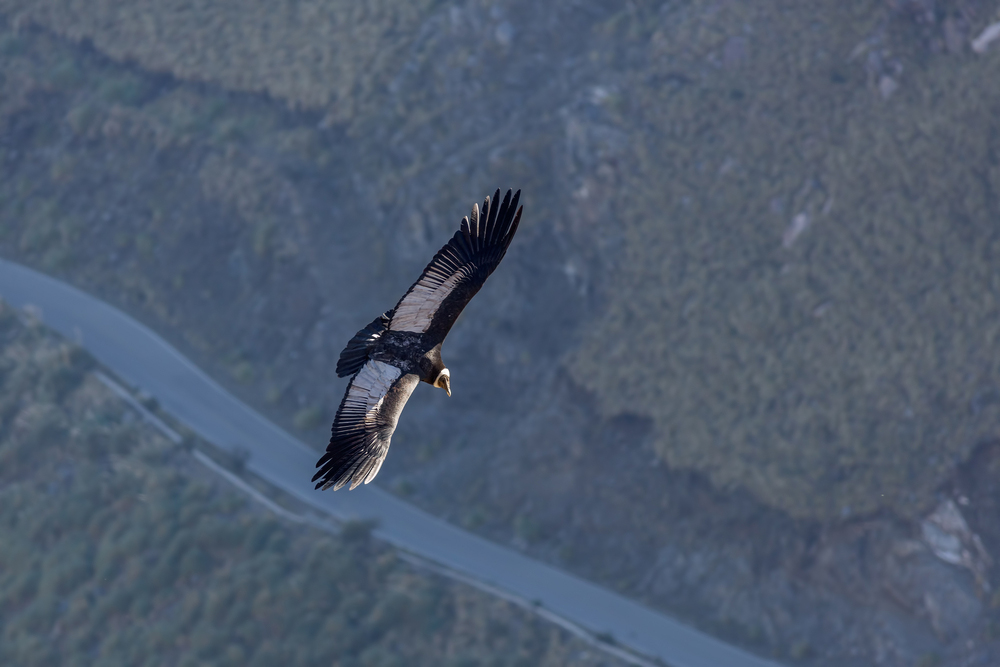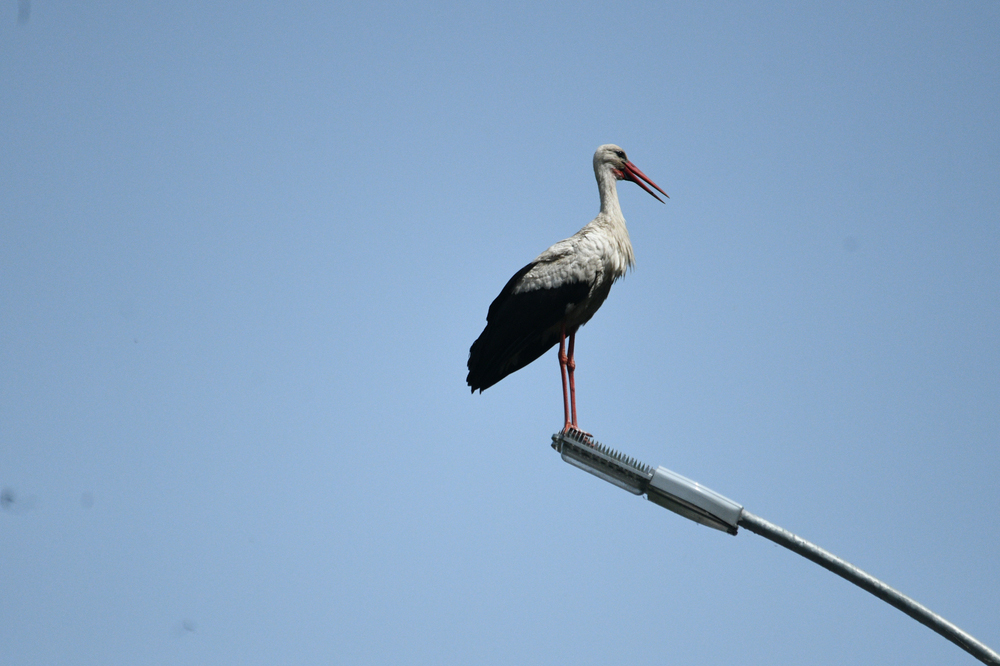Things that can be done on a road trip: listen to music, chat with the other passengers, look at the landscape… and study how the birds behave.
As we increase the highway network, we also alter the habitats of fauna and their behavior. Birds are not immune to this, and different scientific studies carried out by ornithologists and biologists have detected changes in the behavior of birds that are closely related to the presence of roads. And some of this behavior is really curious.

For example, birds respect the speed limits on the roads and highways. In 2006 two Canadian biologists, Pierre Legagneux and Simon Ducatez, concluded a study that measured the behavior of 21 different species (most of them sparrows and crows). The result? That when the speed limit was 50 km/h, the birds kept about 15 meters away from the cars. And when that speed limit was higher, 110 km/h, their distance from the cars increased to 75 meters. In addition, all this occurred independently of the actual speed at which the vehicles were moving. Rather, it was related to the speed limit on the road.
It’s not that the birds learned the traffic code or are going to give us civics lessons, but they could be demonstrating behavior similar to how they relate to predators, when they instinctively sense that these predators are more dangerous in some areas than in others.

Another curious thing emerging from this study of birds: they use highways to establish boundaries on their territory. This was demonstrated in a study published in 2017 in the magazine Frontiers in Ecology and Evolution. It showed that birds avoided flying over wide roads and highways because they considered them as territorial limits, and something that prevented other species from invading their habitat.
“Birds can avoid open spaces for fear of predators, or because they consider the highways as territorial boundaries, because some species use these cuts in the vegetation to mark their areas and thus keep other species out of these places,” the scientists explained.

Indeed, the wider the road, the fewer birds living in that area. For that reason, the experts stress the importance of evaluating the impact of roads on natural areas, and how they affect the biodiversity in general, not just the birds. In this way, they say, ecosystems and habitats will not only be protected, but there will be a reduction in the number of animals that are hit and killed by traffic: accidents will be avoided and there will be greater road safety.